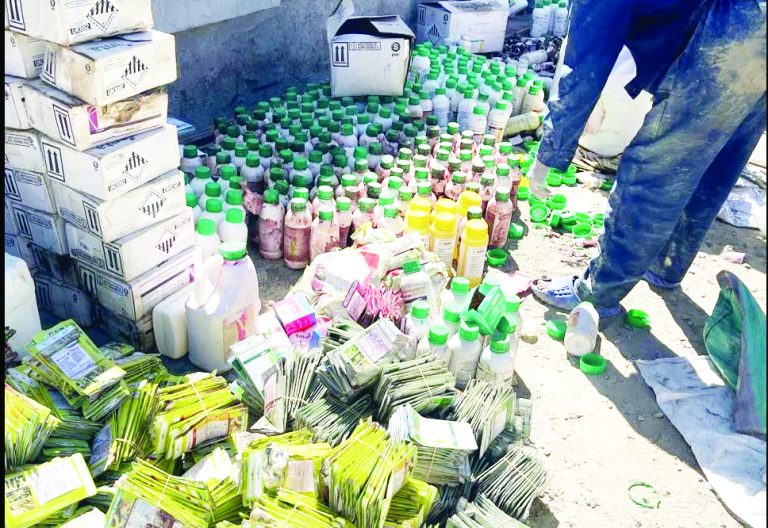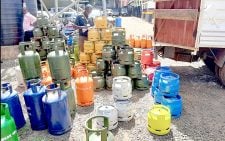Kenya must do more to combat fake goods

There is a nexus between the consumption of fake products and people’s health.
That is why our attention has been drawn to a report released on Saturday, June 7, 2025, showing that the consumption of counterfeit products in Kenya was at an all-time high, making it one of the fastest-growing illicit industries globally.
A new Consumer-Level Report from the Anti-Counterfeit Authority revealed that 20 per cent of products in Kenya are counterfeit, leading to an annual loss of Ksh800 billion.
This loss represents nine per cent of the entire illegal trade.
According to the report, on average, 18 per cent of products in Kenya are counterfeit.
As a result, the country’s manufacturing sector is under threat, with automotive spare parts being the worst hit, with 39 per cent of products in the sector said to be illegal.
The energy, electronics, and electrical sectors follow with 27 per cent of counterfeit products, followed by alcoholic beverages at 19 per cent and pharmaceutical medical equipment at 15 per cent.
On counterfeit alcohol, gin, vodka, spirits, and wine are the most common counterfeit beverages.
It is a well-known fact that due to high levels of unemployment in Kenya, a large number of youth are wasting away in drinking dens.
This demographic is a ready market for counterfeit alcohol.
Even more vulnerable are patients who might be exposed to fake drugs, with far-reaching threats to their health.
China, Kenya, and Uganda are the main origins of counterfeits bought offline or physically, with Beijing identified as the leading source of these products internationally.
Poverty, easy access and complicity among law enforcement agencies are among the reasons cited for the proliferation of fake goods.
The net effect is a lack of investor confidence as many companies fear being run out of town by producers of fake goods.
But the bigger danger relates to the health risks involved. The use of fake spare parts endangers the lives of vehicle users.
There is also a moral dimension here. Producing goods that are unfit for human consumption purely for profit points to the twisted minds of the people involved. The government and its agencies must do more to combat the trade in counterfeit products.














